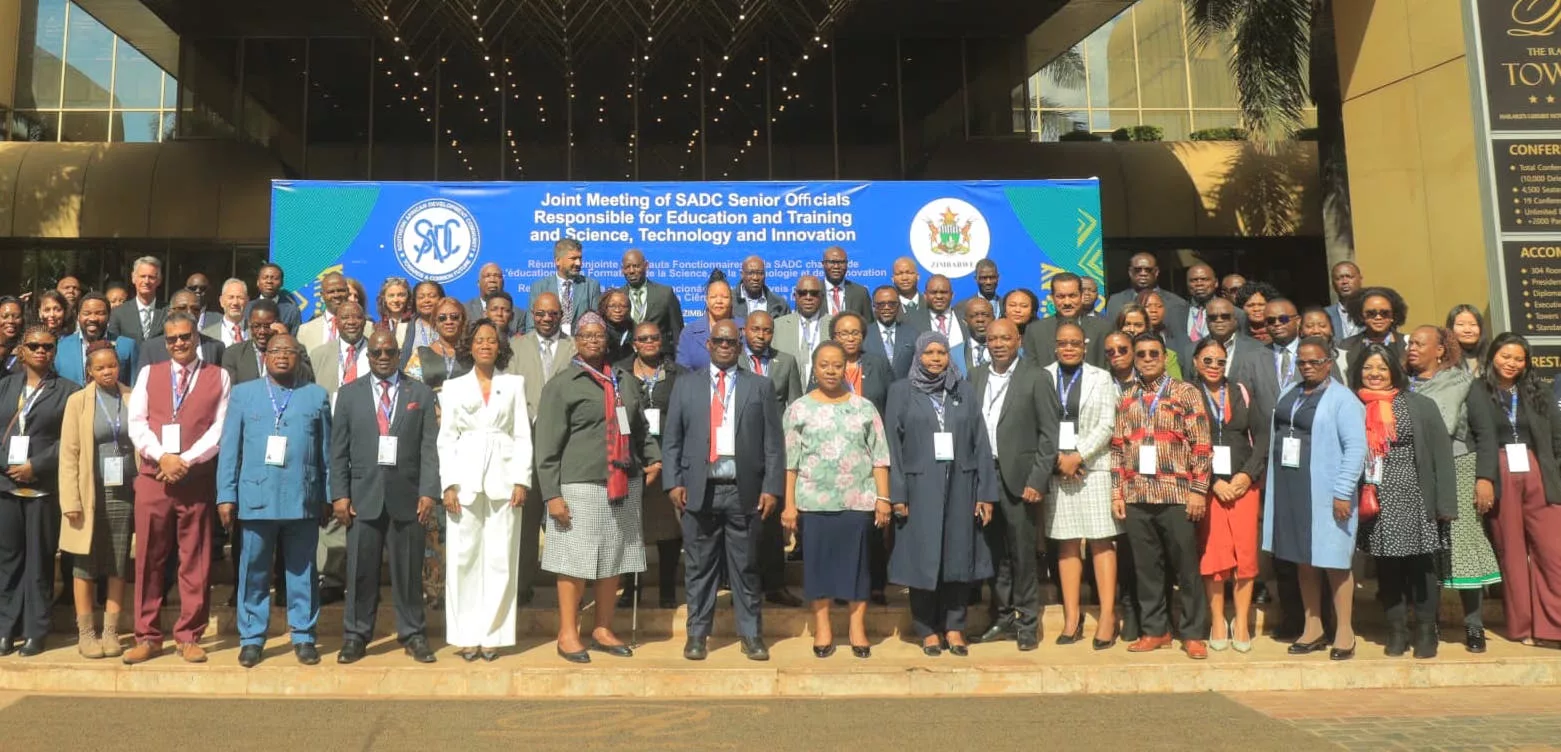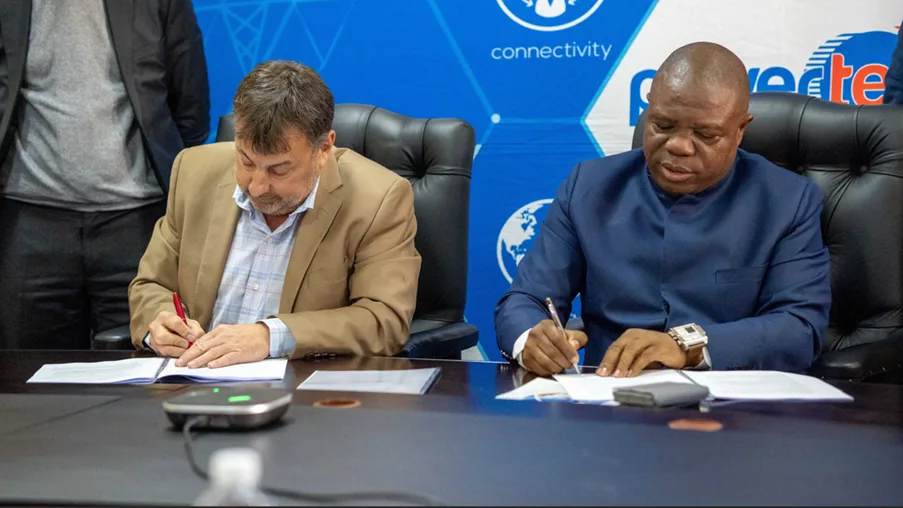A transition briefing for Zimbabwe’s newly elected local councillors
By Elmond Bandauko
During the 2018 election period, there was limited attention on what the elections would mean for policy and governance at the local level. Local government remains a very significant level of government as it is deliberately created to bring government to the grass-roots population. It gives the grass-roots population a sense of involvement in the political processes that control their daily lives. Zimbabweans across the country have elected local councillors, whose roles and responsibilities include making decisions, enacting policies, negotiating with other institutions and overseeing their local government. Local elected leaders must possess certain skills and competencies for them to exercise their duties more effectively. I highlight the following as the key competencies that councillors need to improve governance at the local level.
Representation
Representation is the core responsibility of local elected officials. Representation is the measure of how well a local government serves all its citizens in accordance with widely accepted principles of good governance. Representation involves the development and enforcement of policies, allocation of public goods and services, assisting local men and women in their interactions with their local government, and conducting feedback sessions with the local community on a regular basis. Councillors can also enhance representation through establishing and maintaining strong relationships with citizen and community groups. The representation competency helps councillors better serve all their constituents, not just that voted for them.
Policy-making
Policy making involves understanding the need for new or improved formal elected body mandates, analysing the potential consequences of acting, or not acting to establish these mandates, examining alternatives, and determining implementation strategies that will guide present and future actions to benefit the community. Policy making, and politics should not be confused. It diminishes the importance of the most fundamental competency that defines public decision-making. The Policy making competency will help councillors understand how to carry out this fundamental elected responsibility within the framework of good governance principles and establish, through the policy making process, the foundation for conducting the business of the public.
Decision-making
Decision- Making involves deciding how to act when there is a choice. Of course, it is much more complicated. For example, failing to act on your options and choices is also a form of decision making, and sometimes very appropriate. Elected officials can make the decision, delegate it to someone, delay it, support the decision if someone else makes it, veto it, or cancel it after it is made. Decisions should be judged by their quality and acceptance by those who have to live by their consequences.
Institution building
Institution building ensures that the elected council as an institution, local government organisation and staff, and key intergovernmental and community-based organisations with whom the local government works closely are supported in their developmental needs and challenges. Governing body efforts in institution building should start with an assessment of success in achieving the generally recognized principles of good governance. The Institution building competency will help an elected official support the long-term development of their local government and its partners within the recognized principles and strategies of good governance.
Financing
Financing involves making decisions about raising, allocating, and expending public funds. At the heart of this competency is the ability to understand and bring leadership to the annual budgeting process. Financing responsibilities are probably the most time-consuming and important of all the responsibilities of an elected official. They can also be the most problematic because of their complexity and potential for misuse. Openness and transparency are the two most important good governance principles in defining how councillors use their financing competencies. The financing competency will help councillors better understand the budgeting process from different perspectives including from the perspective of gender, and to make rational decisions about the creation, allocation and expenditures of public funds.
Overseeing
Overseeing ensures that the elected body and the local government staff are doing the right things and doing things right. It involves the on-going and periodic monitoring and evaluating of the performance of all local government policies, programmes, and services. The Overseeing competency helps councillors put in place various safeguards to assure the effective, efficient, and lawful performance of all policies, programmes and services under their local authority’s jurisdiction.
Enabling
Enabling provides the means for others to get things done. It defines local governance largely in terms of what others can do to provide programmes and services for the community and citizens, not what local governments should do. The enabling competency involves a wide range of options: for example, forming partnerships with private sector firms, NGOs, neighbourhood organisations, and women’s groups. The enabling competency will help elected councillors forge a wide range of partnerships within the community to conduct a wide range of programmes and services, and to manage them in the best interests of the total community.
Negotiating
Negotiating involves interaction by two or more parties representing differing interests and positions seeking to do better than they could otherwise through jointly agreed-upon actions. Negotiating is an integral part of the governance process and important for creating a win-win situation in strategic partnerships. The negotiating competency will help councillors secure the best decision from the perspective of all those parties involved so that progress can proceed in the best interests of the local government and its citizens.
Facilitating
Facilitating covers such activities as fostering collective effort, helping others solve problems, ensuring that committee meetings are productive, and managing inter-personal and inter-group conflict. Whether you call it facilitating or something else, it covers a whole lot of what you do as an individual elected official. The facilitating competency helps councillors learn how to do a lot of ordinary things better as an elected leader. For example, how to conduct a better meeting, mediate disputes, and help teams become more effective and productive.
Leadership
Leadership is the sum total of the contributions as an elected official to the common good of the community during the time in office and beyond. Elected leadership is the ability to infuse complex community problems with governing principles, practical competencies, and measurable and sustainable results. The leadership competency helps councillors mobilize and direct all other competencies so that the legacy of an elected leader in the community lives on.
It is my hope that this brief will help elected councillors understand how to execute their mandate more effectively. Elected officials must make decisions that are based on the principles of good governance and those decisions must reflect the interests of their local communities. Organisations such as the Zimbabwe Local Government Association (ZLGA) and other civic organisations need to design programmes that focus on building the capacity of local elected officials, since some of the officials will be joining councils for the first time.
……………………………………………………………………………………………………
Elmond Bandauko holds a Master of Public Administration (MPA) with specialisation in Local government from the University of Western Ontario (Canada) where he studied as an African Leaders of Tomorrow Scholar. He did his BSc. (Hons) in Rural and Urban Planning from the University of Zimbabwe. His interests include participatory policy making, public management, program and policy evaluation, collaborative governance and the politics of urban development in cities of the global south.






